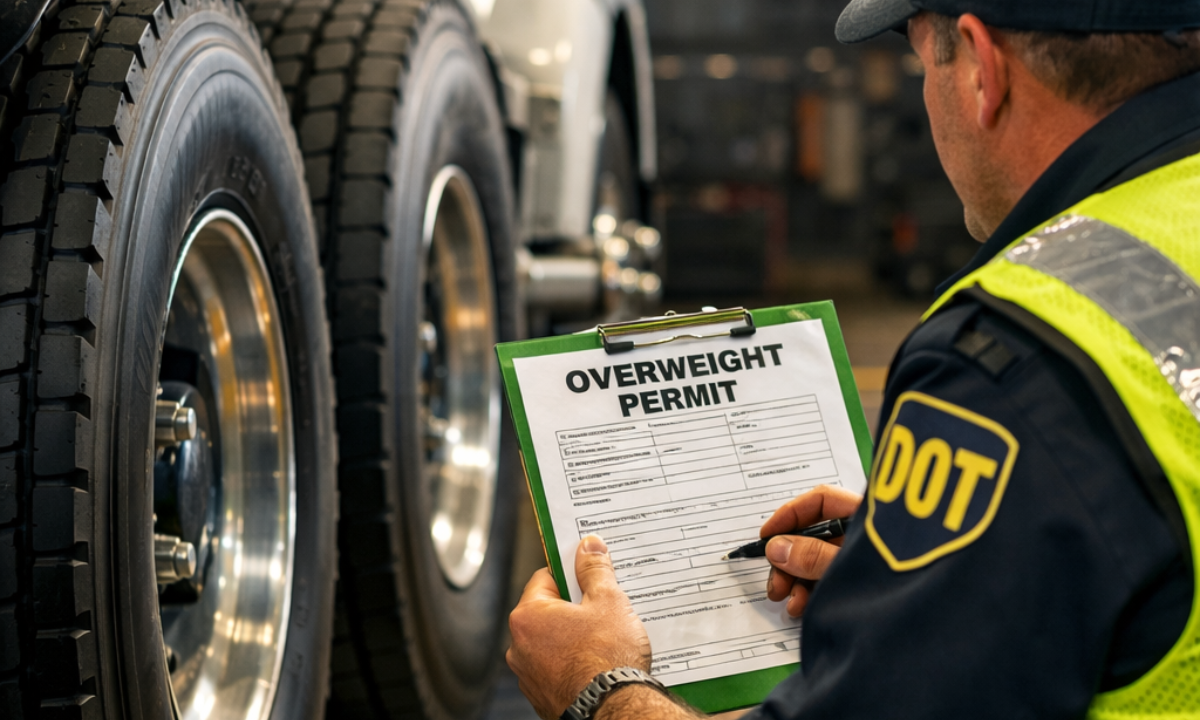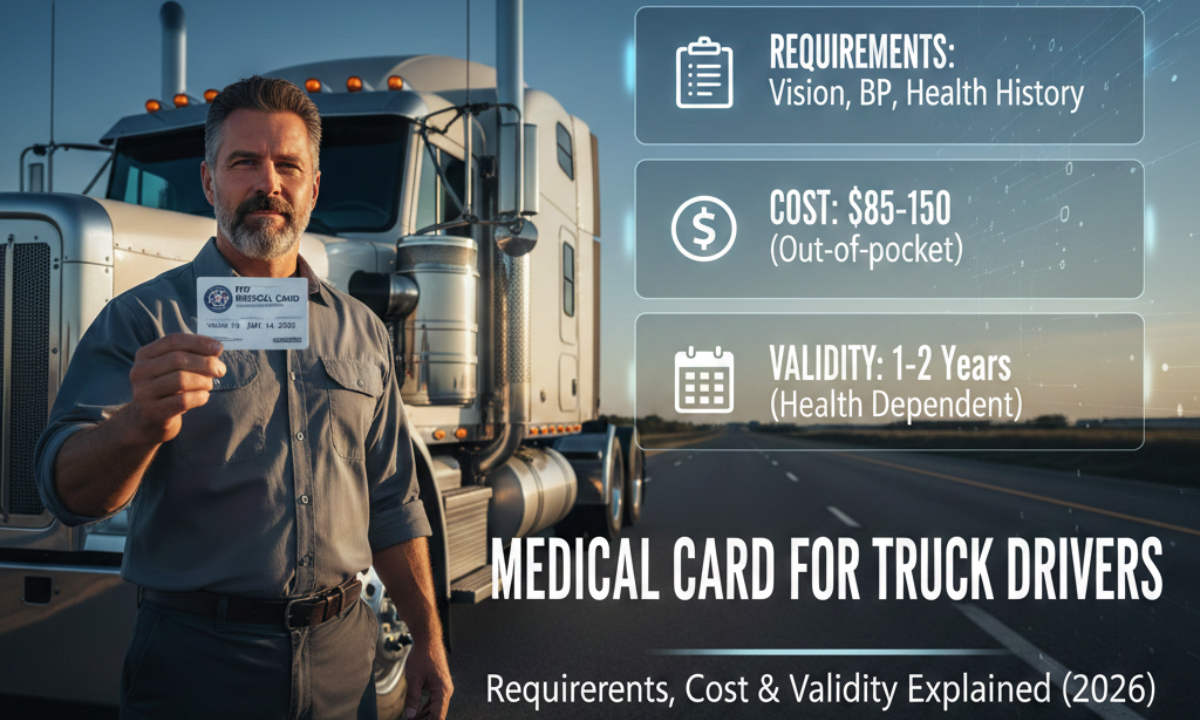What’s the best trucking school?
Entering the trucking industry, it all begins with quality CDL training and the selection of trucking schools that make for the best decision for an enduring career success. Amenities from accredited programs to job placement assistance, appreciating the salient features needed for a trucking school assists a prospective driver in making the most of their investment while securing better opportunities.
Main Attributes of Good Trucking Schools
Good trucking schools do not only offer classroom lessons but even have a structured curriculum, behind-the-wheel training, and preparation for the CDL exam. State and federal accreditation of trucking schools assures that the school complies with FMCSA Standards which is vital for its recognition by employers and insurance companies.
Site and Accessibility
Though closeness to the trucking school is key, convenience shouldn’t outweigh quality. Many schools do have somewhat flexible training programs, such as evening or weekend classes, which could help the trainees to effectively balance work and study. Some programs also have housing options for students traveling from other areas.
Instructor Training and Knowledge Level with Equipment
The best trucking schools will employ experienced instructors who have been active in the industry so that trainees learn from professionals who are familiar with the real-world problems. The use of modern trucks, simulators, and safety equipment is equally important, as this will prepare the students for a wider array of driving conditions.
General CDL Training
Different truck schools will have specialized training programs available, namely Class A CDL, Class B CDL, and endorsements for Hazmat, Tanker, and Doubles/Triples. Students should evaluate programs concerning their future job goals-whether long haul trucking, local delivery, or specialty freight.
Job Placement Assistance and Career Support
Good truck schools offer job placement programs linking graduates with trucking companies, carriers, and logistics providers. Many leading schools have partnerships established with major fleets to give their students a leg up on being hired for entry-level driver positions right after graduation.
Cost/Financing/Programs Sponsored by the Company
Costs for the training vary tremendously, and the candidates should examine tuition costs, hidden fees, and financial aid opportunities. Some of the schools partner with trucking companies that offer tuition reimbursement or sponsor CDL programs for the firm, so the drivers can land jobs and kick off their careers with very little out-of-pocket fees.
Reputation and Reviews
Must evaluate student testimonials, online reviews, and industry ranking to determine the school’s integrity. The institution must boast a significant history of high CDL pass rates and many successful graduates, as that will build their credibility.
Final Words
Choosing the best truck school requires an equal weighing of quality, affordability, and career support. Experienced instructors, modern training equipment, verified placement programs, and accreditation signify that a school will prepare trainees to survive the competitiveness of the transport industry.
Disclaimer: The information provided in this blog post is for general informational purposes only. While we strive to keep the content accurate and up to date, we do not guarantee its completeness, reliability, or accuracy. Any actions you take based on this information are strictly at your own risk. We are not responsible for any losses, damages, or inconveniences that may arise from the use of this blog.












